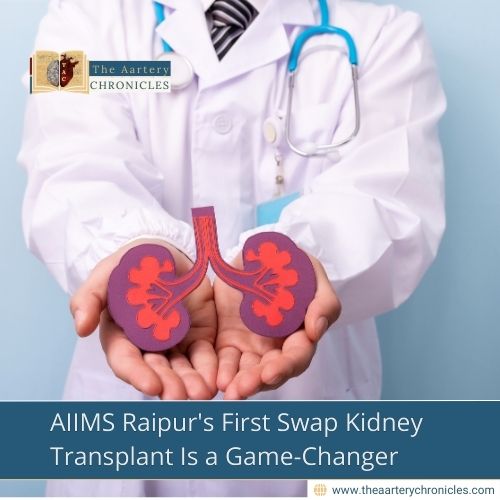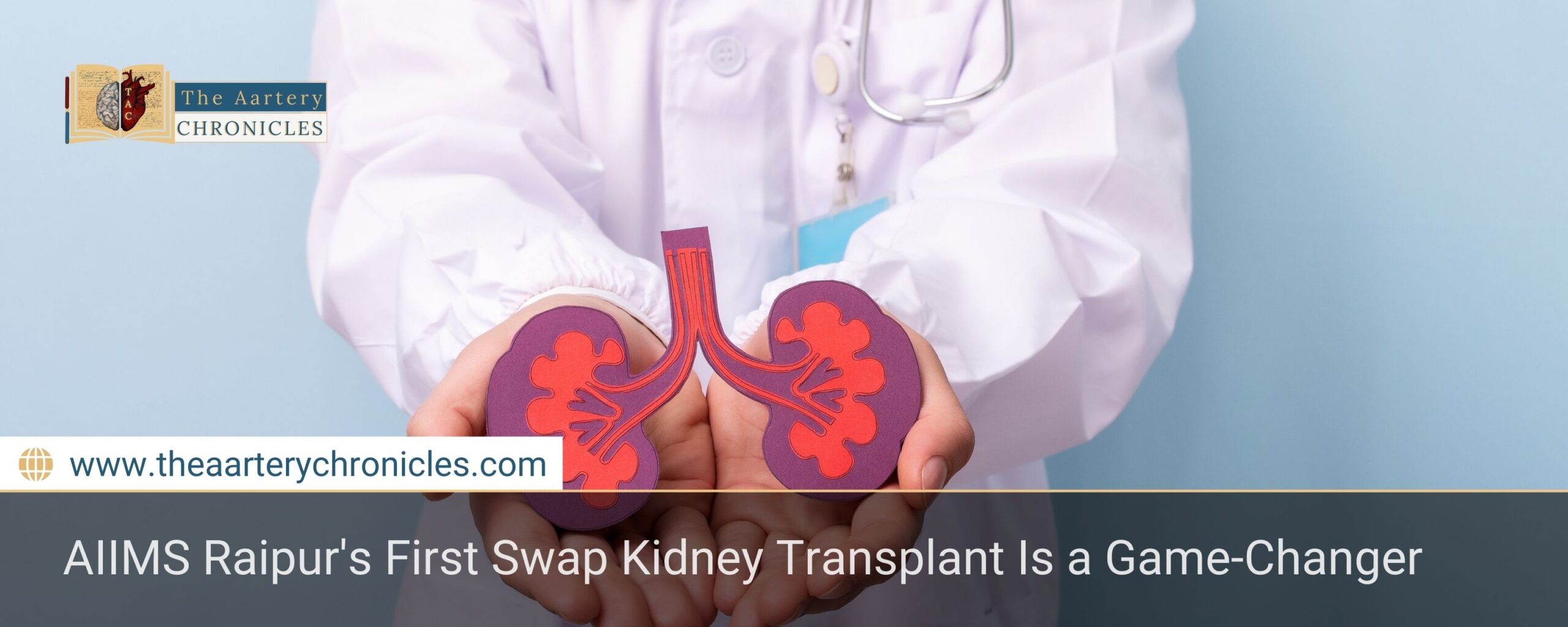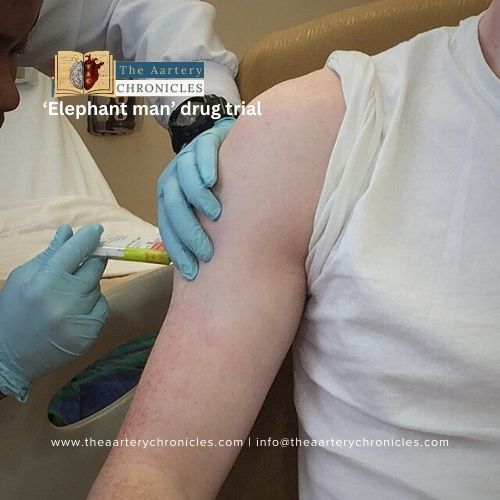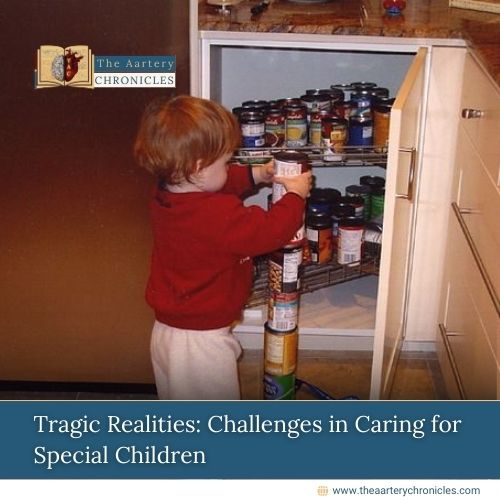

AIIMS Raipur’s First Swap Kidney Transplant Is a Game-Changer
AIIMS Raipur has achieved a significant milestone by conducting its first Swap Kidney Transplant, also referred to as Kidney Paired Donation (KPD). This accomplishment makes it the first among the newly established AIIMS and the first government medical institution in Chhattisgarh to perform this intricate and life-saving procedure.
This remarkable achievement highlights AIIMS Raipur’s dedication to offering advanced treatment options for patients with serious kidney disease. The success also reflects the support and vision of the Ministry of Health and Family Welfare in promoting innovative healthcare solutions.
What is a Swap Kidney Transplant?
In many cases, patients with kidney failure have a family member willing to donate a kidney. However, the transplant may not be possible due to incompatible blood groups or immune system mismatch (HLA antibodies).
A Swap Kidney Transplant solves this issue. Here, two patient-donor pairs who are incompatible with each other “swap” donors. Each donor gives their kidney to the other recipient, where blood group and compatibility match. As a result, both patients receive successful transplants.
National Push for Swap Transplants
According to experts, Swap Transplants have increased kidney transplant numbers by nearly 15%. Recognizing its benefits, the National Organ and Tissue Transplant Organisation (NOTTO) has recommended all states and union territories adopt this method.
Moreover, NOTTO is working toward a “One Nation, One Swap Transplant Programme” to streamline and simplify the process across India.
Case Study: Two Families, One Life-Changing Exchange
Two patients from Bilaspur, aged 39 and 41, were diagnosed with End-Stage Kidney Disease and had been undergoing dialysis treatment for the past three years. They became the first recipients of a Swap Kidney Transplant at AIIMS Raipur.
Their wives volunteered to donate a kidney, but there was a blood group mismatch in both couples:
- Pair 1: Husband – B+, Wife – O+
- Pair 2: Husband – O+, Wife – B+
While the wives could not donate directly to their own husbands, they could donate to the other patient. Therefore, the medical team arranged a Swap Transplant, where each wife donated a kidney to the other’s husband. This ensured blood group compatibility and led to successful transplants for both patients.
Conclusion
This landmark procedure by AIIMS Raipur opens the door for many similar life-saving surgeries in the region. It demonstrates how collaboration, innovation, and determination can overcome challenges in medical science.
With continued support from national health agencies, Swap Kidney Transplants can become a routine option, giving new hope to thousands of patients waiting for a kidney transplant.
Source: Inputs from various media Sources

Priya Bairagi
Reviewed by Dr Aarti Nehra (MBBS, MMST)
I’m a pharmacist with a strong background in health sciences. I hold a BSc from Delhi University and a pharmacy degree from PDM University. I write articles and daily health news while interviewing doctors to bring you the latest insights. In my free time, you’ll find me at the gym or lost in a sci-fi novel.








